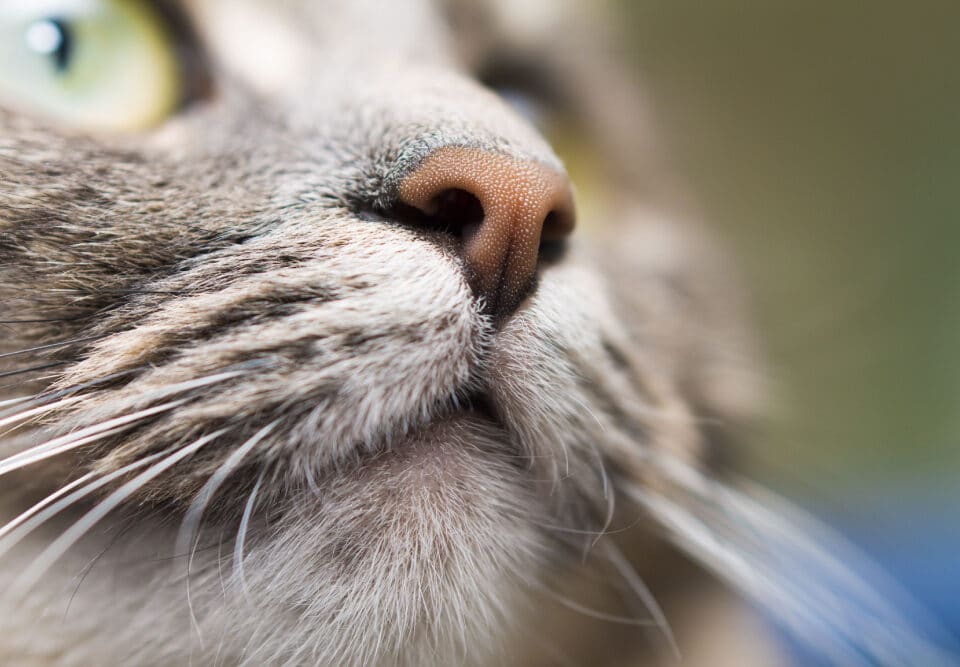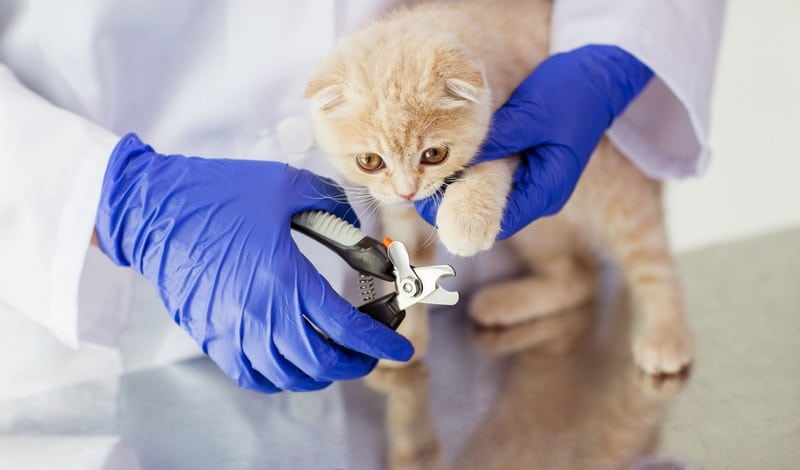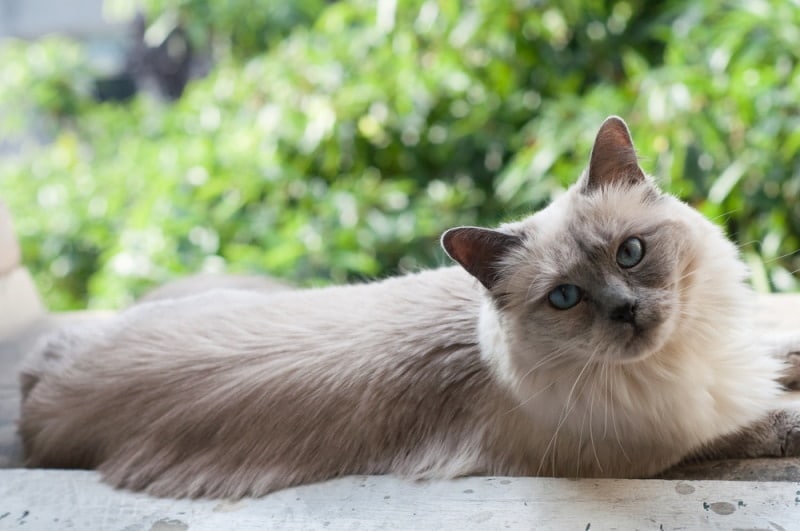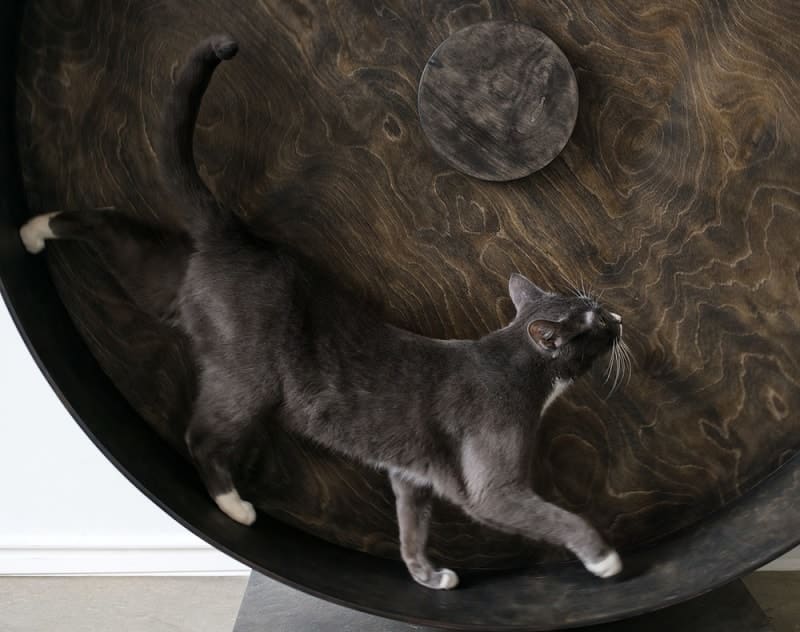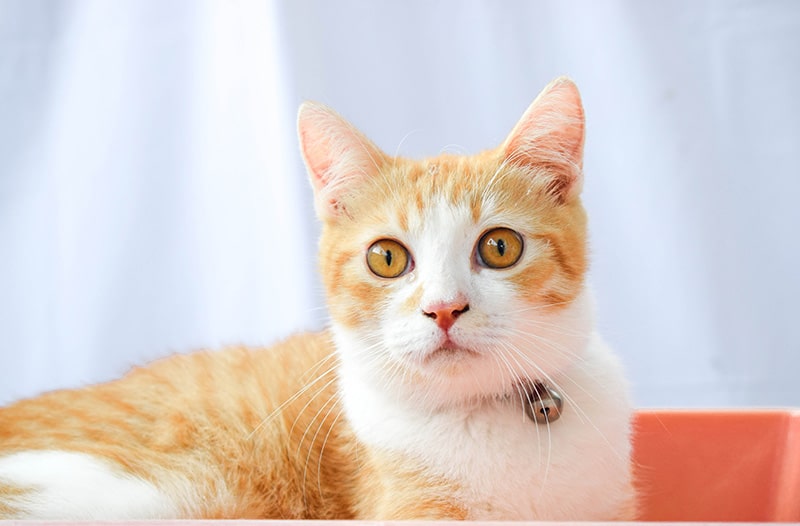Did you know there’s a whole world of scents that make our feline friends wrinkle their noses in disgust? With a sense of smell that’s 14 times stronger than humans, cats are particularly sensitive to certain odors. These scents not only bother them but also possess potential health risks. Knowing which smells to avoid can help you keep your home cat-friendly and deter cats from places they shouldn’t be.
It turns out that the zesty aroma of citrus fruits like lemons, limes, and oranges isn’t refreshing to our four-legged friends. This dislike isn’t just a quirky taste preference. Citrus is actually toxic to felines, so their aversion helps keep them safe. While you might think about using citrus essential oils as a deterrent, it’s better to opt for boiled citrus peels in water instead.
Another enemy to the feline nose is lavender. Whether it’s the plant or the essential oil, lavender is toxic. Cats can’t metabolize certain chemicals in lavender, making it something they instinctively avoid. You could plant lavender in pots to keep your cats at bay but be mindful they aren’t munching on them.
If you love cooking with thyme, you might have noticed your feline friend steering clear of the kitchen. Though overpowering, thyme isn’t toxic to cats, meaning you can use it creatively by hanging satchels of thyme where you want your kitty to stay away.
What about that fresh outdoor scent of pine and cedar? These smells are a big no-go for cats, not just because they’re strong but also due to their toxic properties. Lining your yard with pine trees can be an effective way to keep strays at bay.
Rosemary might make our dishes smell delightful, but our cats beg to differ. While not toxic, the concentrated essential oils can be harmful, so sticking to the plant version is a safer bet.
Peppermint, along with other mint varieties like spearmint and pennyroyal, isn’t a feline favorite either. They find the aroma repulsive, and given that these plants are toxic, it’s a wise move to keep them out of their reach.
Ever wondered why white vinegar is such a staple in DIY cleaning? It’s not just because it’s a good cleaner but because its potent smell masks other aromas from curious cat noses. Mix it with water and use it wisely to keep your feline friend from wandering into the pantry!
Eucalyptus, known for its strong scent, is another plant cats find hard to tolerate. Given its toxicity, it’s vital to keep these plants or oils away from your furry pals.
Next up is chili powder. While it might add a kick to your dishes, it’s an irritant for cats, affecting their eyes and nose. Eating it can make them really sick, so it’s best to avoid using it as a repellent.
Despite their fall from grace, mothballs remain a powerful feline deterrent, albeit a dangerous one. Highly toxic, they are not recommended for use around cats and are illegal in some areas for this purpose.
Cats may not mind bananas themselves, but their peels emit ethene, which is repulsive to cats. Leaving out banana peels can keep cats away, but you’ll want to dispose of them before they rot.
Ammonia, which gives cat urine its sharp smell, is something cats naturally avoid. It’s potent and irritating but certainly not a safe cat repellent due to its health risks.
Coffee grounds might sound surprising, but they’re an effective cat deterrent. Since cats won’t eat them, you can sprinkle some around areas of your garden you’d like to keep feline-free.
Finally, onions are another no-no, not only for their irritating smell but because they’re dangerous if consumed by cats. Keeping them out of your cat’s reach is a must.
Cats have strong opinions about smells, as you can see. Their heightened sense of smell means they experience these odors far more intensely than humans do. While it might seem a tad finicky, these aversions are survival-driven and protect them from things that could harm them.
